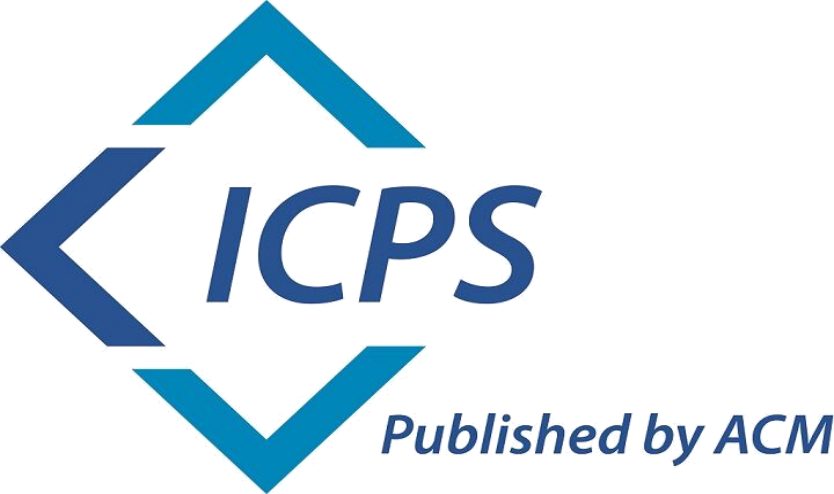

Welcome to MLNN 2026 | Soochow | April 10-12, 2026
2026 3rd International Conference on Machine Learning and Neural Networks
Countdown to the meeting:
About MLNN 2026
The 3rd International Conference on Machine Learning and Neural Networks ( MLNN 2026 ) will be held in Chengdu, China, from April 10 to 12, 2026. This conference focuses on machine learning theory innovation, neural network architecture design, deep learning optimization and cross-domain applications ( such as computer vision, natural language processing, industrial intelligent systems, etc. ), aiming to build a high-level communication platform for global academic and industrial experts. The conference will cover cutting-edge topics such as reinforcement learning, generative models, edge intelligence, and interpretable AI, and promote the integration of basic theoretical breakthroughs and industrial practices through keynote reports, symposiums, paper presentations, and industry-university-research dialogues. Relying onSoochow 's innovation ecology and industrial resources, MLNN 2026 will further promote international cooperation and help the sustainable development of artificial intelligence technology on a global scale.
Important Dates
Full Paper Submission Date
February 6, 2026
Notification Date
March 13, 2026
Final Paper Submission Date
March 27, 2026
Conference Dates
April 10-12, 2026
Supported by


☛ CFP
☛ Submission
☛ Publication
Call For Papers
The topics of interest for submission include, but are not limited to:

Machine Learning Algorithms and Techniques
Supervised and Unsupervised Learning: Methods and Applications, Deep Learning Architectures and Their Applications, Reinforcement Learning for Autonomous Systems and Robotics, Transfer Learning and Domain Adaptation, Evolutionary and Hybrid Algorithms for Machine Learning Optimization, Semi-supervised Learning and Meta-learning Approaches, Ensemble Learning and Online Learning for Dynamic Data, Probabilistic Models: Bayesian Networks and Markov Models, Computational Complexity and Optimization in Machine Learning, Real-world Applications of Machine Learning in Industry and Society

Machine Learning and Neural Networks in Communication Systems
Machine Learning for Wireless Communication and 5G Networks, AI-based Optimization and Resource Allocation in Communication Networks, Deep Learning for Signal Processing, Channel Estimation, and Spectrum Management, Cognitive Radio Networks and Machine Learning for Dynamic Spectrum Access, Neural Networks for MIMO Systems, Beamforming, and Network Security, Machine Learning for Network Traffic Prediction and Intrusion Detection, AI Techniques for Quality of Service (QoS) and Quality of Experience (QoE) in Networks, Data-driven Approaches for IoT and Autonomous Communication Systems, Deep Reinforcement Learning for Communication Network Optimization

Neural Networks and Deep Learning
Convolutional and Recurrent Neural Networks in Computer Vision and Time Series, Generative Models: GANs and Autoencoders in Data Generation and Dimensionality Reduction, Neural Networks in Natural Language Processing and Speech Recognition, Deep Reinforcement Learning for Robotics, Automation, and Network Optimization, Neural Networks in Healthcare: Medical Imaging, Diagnostics, and Anomaly Detection, Neural Networks for Financial Forecasting and Cybersecurity, Transfer Learning and Few-shot Learning in Deep Learning, Deep Learning for Recommender Systems and Data Augmentation
Submission
1. The submitted papers must not be under consideration elsewhere.
2. Please send the full paper(word+pdf) to Submission System.
3. Please submit the full paper, if presentation and publication are both needed.
4. Please submit the abstract only, if you just want to make presentations.
5. Templates Download.
6. Should you have any questions, or you need any materials in English, please contact us.
Publication

All papers, both invited and contributed, will be reviewed by two or three expert reviewers from the conference committees. After a careful reviewing process, all accepted papers of MLNN 2026 will be published in ACM International Conference Proceedings Series, which will be archived in the ACM Digital Library, and indexed by EI Compendex, Scopus.
Note: All submitted articles should report original research results, experimental or theoretical, not previously published or under consideration for publication elsewhere. Articles submitted to the conference should meet these criteria. We firmly believe that ethical conduct is the most essential virtue of any academics. Hence, any act of plagiarism or other misconduct is totally unacceptable and cannot be tolerated.
